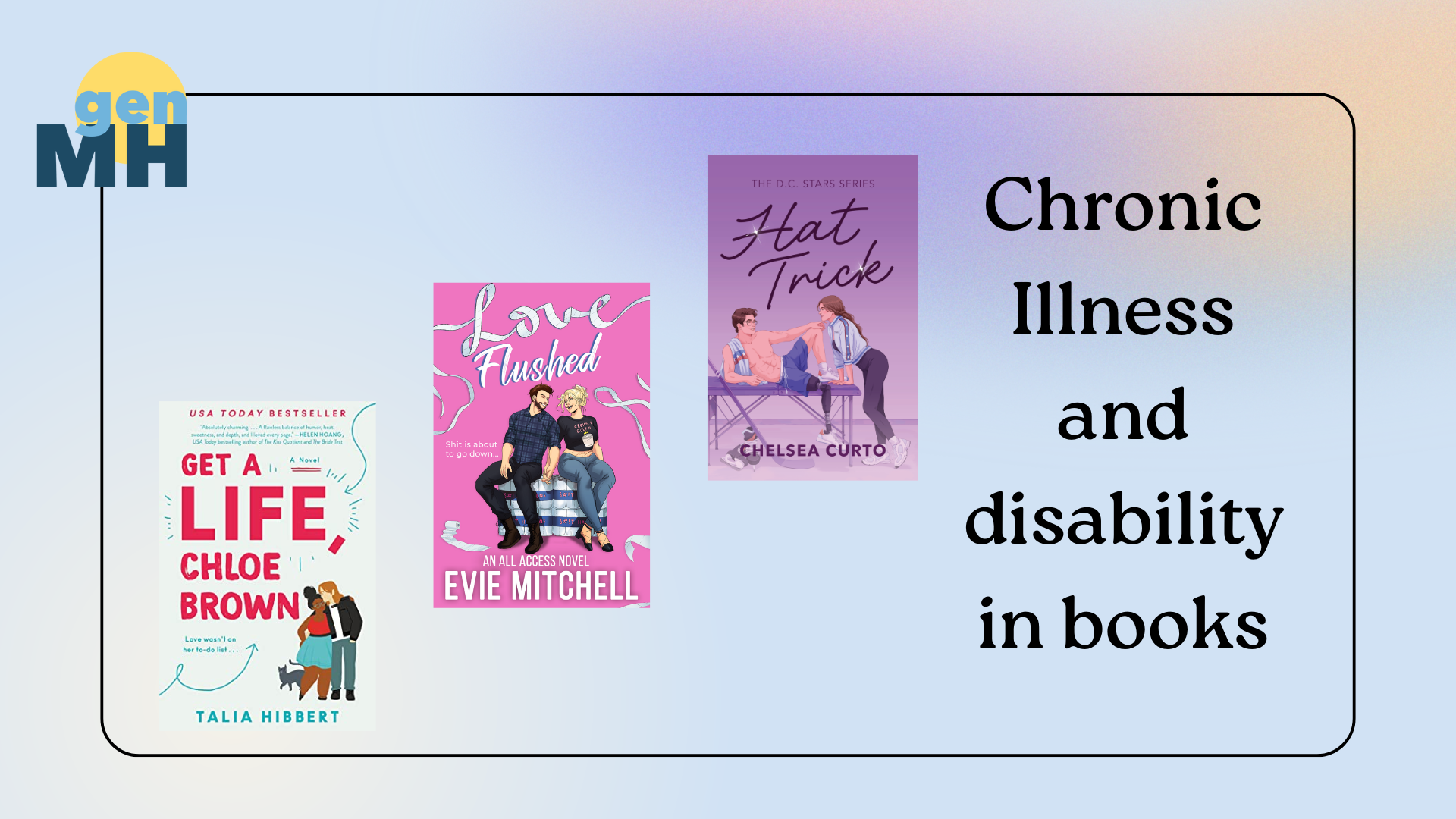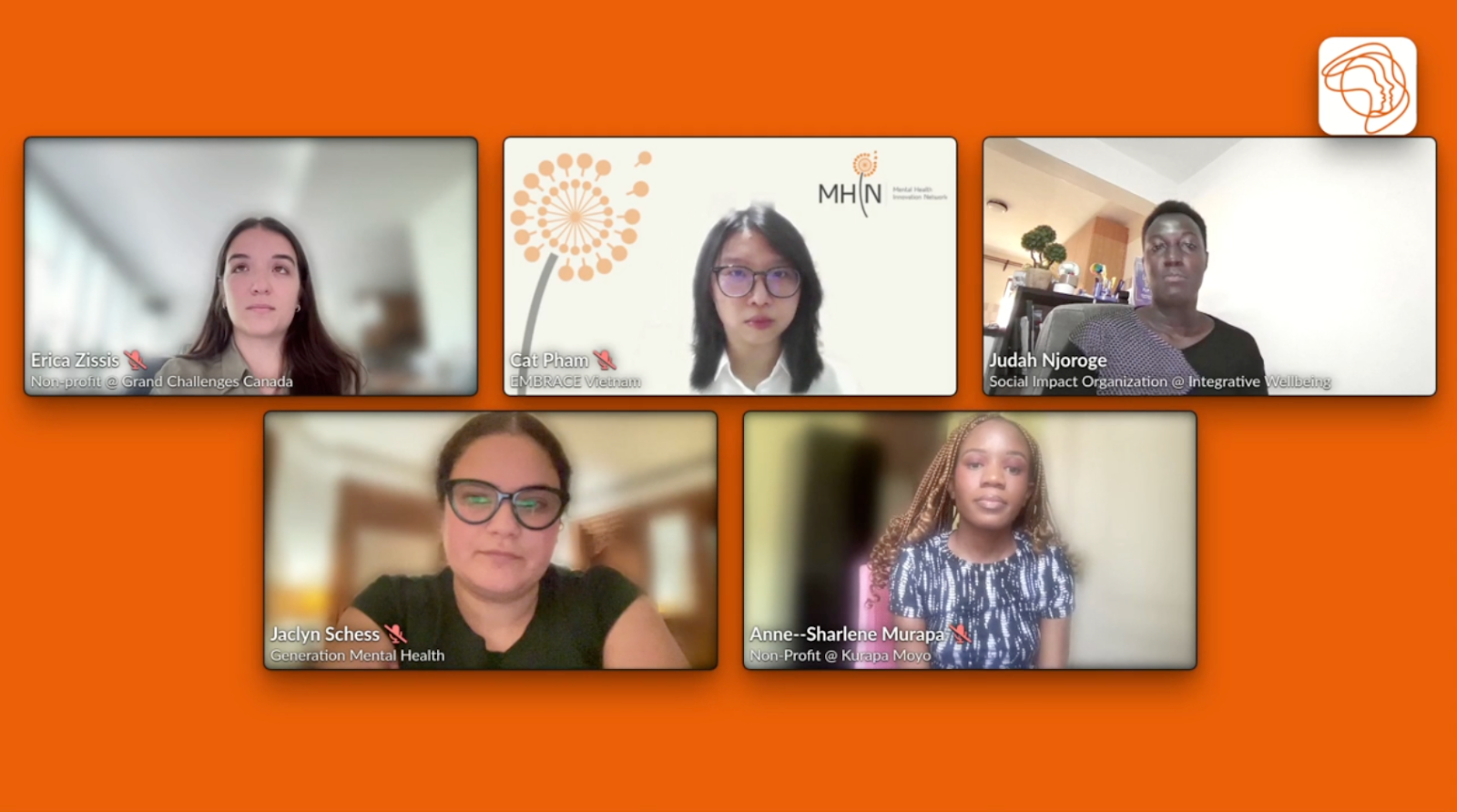Beginning to understand racism in the field of mental health as a white person
The headlines were once again talking about racism - yet another valuable life, that of a man named George Floyd, had been cut short at the hands of others. And something snapped amongst the populations of countries across the globe. No he wasn’t the first victim of police brutality, no he wasn’t the first person of colour to be wrongly accused of a crime - but he has since become a pivotal point in history. And the reaction of the world was intense.
Over the years, I have read countless newspaper articles about Stephen Lawrence, the Charleston 9, Breonna Taylor, India Kager, Darrius Stewart…...the list goes on. I read about the claims of institutional racism amongst the London Police force, the Minneapolis Police force and all other justice systems involved with the deaths of Black men and women. Each time I felt we were taking several steps back as a society, how and why were we letting such crimes go unpunished? Treating victims as nothing more than newspaper fillers?
I decided to educate myself further on the matter, and found the institutional racism is not simply confined to that of the Criminal Justice System.
Royal College of Psychiatrists (2018) stated that individuals from Black, Asian and Minority ethnic backgrounds are “more likely to experience poverty, to have poorer educational outcomes, to be unemployed, and to come in contact with the criminal justice system. These, in turn, are risk factors for developing a mental illness. These individuals are also less likely to receive the care and support when they need it.” So then, does the base of racism set up these individuals to forever be a target for poor education, living standards and access to help? Are they predisposed to have less support from their fellow man, simply because centuries of racism has been ingrained into our founding values and laws?
“Racism is pervasive and can manifest in several often-overlapping forms (including personal, cultural, structural and institutional racism). Like other types of discrimination, it can lead to a profound feeling of pain, harm and humiliation among members of the target group, often leading to despair and exclusion. “ Is it any wonder, when we isolate individuals and communities?
Research into depression and its link with racism have further supported the claims of the Royal College of Psychiatrists. Black people have an increased risk of depression, anxiety, PTSD and Panic attacks. They can be perceived to be constantly living in survival mode, questioning everyone and everything they come in to contact with.
As part of the human race, I feel it is time that we start, once and for all, to break down these structured divides we have created for ourselves. In all my travels I liked to think of myself as educated, and I didn't honestly believe that I was racist. However, it wasn't until the Black Lives Matter movement really came into focus these past weeks that I realised I am still flawed in my views. Yes I had studied history, I always pride myself on being open-minded and viewing all sides of the story. But in my school education, and now my personal education as an adult, there is much I still have to learn. Nobody is perfect, and whilst I never claimed to be perfect, I shocked myself at just how little I really knew and understood about the Black Lives Matter movement. As a white individual I felt it wasn't enough to simply be "not racist" I had to ensure that I was educated enough to be able to help end this racism on a bigger scale, not just on a personal one. I found the ,, Anti-Racism resources for White People document extremely useful as a starting point - as admittedly to begin with the countless petitions, newspaper articles, books and social media posts were a little daunting. From there I have progressed onto other resources, finding my own way through, and learning in my own time.
We have spent too long judging each other based on the colour of our skin, our race, our countries or religions. It's a long road ahead, and the journey wont be smooth, but it's long overdue for us to be the kind, accepting individuals we already claim to be.


